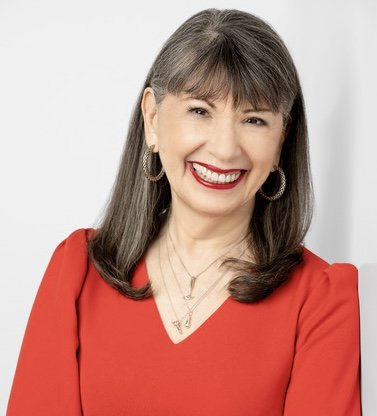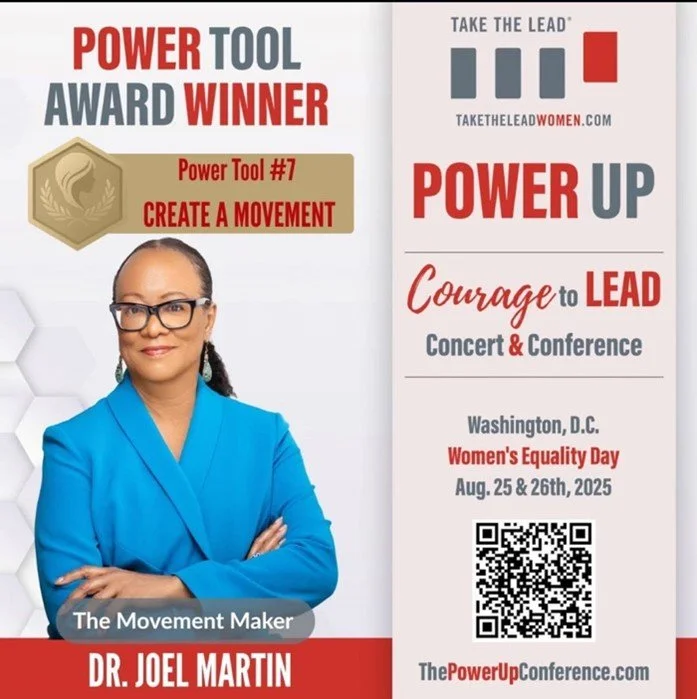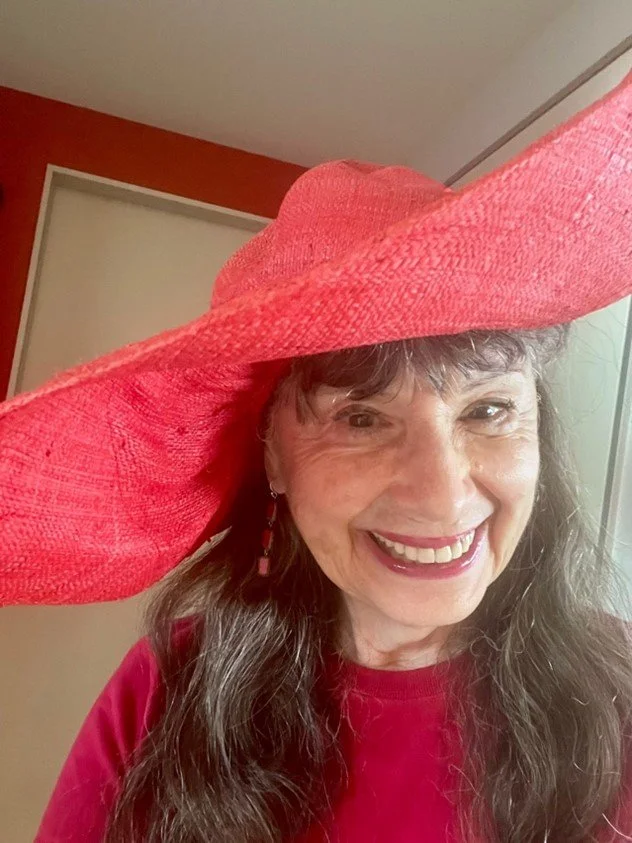Under Her Hat: Why Women’s Equality Day is Really Women’s INequality Day
Issue 2853— July 21, 2025
Each year on August 26, we observe Women’s Equality Day—a date that commemorates the certification of the 19th Amendment in 1920, which granted [some] women the constitutional right to vote in the United States.
The name sounds triumphant, the reality is far more complicated. If we’re being honest, it should really be called Women’s INequality Day—a sobering reminder of how far we still have to go.
The day itself didn’t come into existence until 1971, thanks to the relentless efforts of the indomitable Bella Abzug. Bella—never one to shy away from making good trouble—was a New York congresswoman, civil rights attorney, and feminist firebrand. Known for her booming voice, big hats, and bigger vision which she announced with characteristic sharp wit, Bella aimed to ensure the achievements of the women’s movement were not erased—or worse, ignored.
She pushed Congress to designate August 26 as Women’s Equality Day not as a bouquet to women, but as a political declaration. Her goal: to enshrine in public awareness the unfinished business of women’s rights. And to pressure lawmakers to move forward with the Equal Rights Amendment.
Bella didn’t want a Hallmark holiday. That wasn’t her style. She wanted structural change.
Why the hats?
She began wearing hats as a young lawyer because she was tired of being pegged as the secretary. She turned that insult into a trademark. She said, “When I was a young lawyer, I would go to people’s offices and they would always say: ‘Sit here. We’ll wait for the lawyer.’ Working women wore hats. It was the only way they would take you seriously…After a while, I started liking them. When I got to Congress, they made a big thing of it. So I was watching. Did they want me to wear it or not? They didn’t want me to wear it, so I did.”
Apparently her husband Martin Abzug had also encouraged her to wear hats as a way of distinguishing herself and being noticed in a culture that often ignored women’s intelligence and accomplishments. (I must insert here my husband Alex Barbanell’s proudly received the Martin Abzug Supportive Spouse award from the National Women’s Political Caucus.)
Bella had no patience for pomp without progress. She was cheeky, defiant, and always a few steps ahead of the patriarchy.
When I finally had a chance to meet her in person at the Fourth World Conference on Women in 1995, she had already served three terms in Congress and been defeated in her run for U.S. Senate. But she never stopped working for women’s equality under the law and throughout society.
So here we are, more than 50 years after Women’s Equality Day was first declared, much of the change women were working for at that time and now remains unfinished. When Bella introduced the resolution in 1971, only 15 women served in Congress. Today, we can count 153 women in the House and Senate—an all-time high, but still only about 28%. Women make up 51% of the U.S. population, but just over 10% of Fortune 500 CEOs. Women of color? A tiny fraction of that number.
Yes, we’ve made progress. Today, women lead major corporations, serve on the Supreme Court, and even run for president. We’re starting to close the wage gap, especially for younger workers and we see more policies recognizing caregiving responsibilities. Or at least it’s talked about more by people like Reshma Saujani, founder of Moms First.
But let’s not get distracted by isolated wins. The gender pay gap still looms. The leadership gap remains stubbornly wide. And societal expectations still punish women for wielding power, especially when they don’t smile (enough but not too much) while doing it.
That’s exactly why Take The Lead holds its annual Power Up Concert and Conference on Women’s Equality Day. We claim the day not as a passive celebration of past gains but as a powerful call to action. The theme is Courage to Lead.
The conference brings together women across sectors to learn, connect, and accelerate their leadership journeys. It’s a space where women don’t just talk about the power they already have—they learn to use it.
We mark August 26 not to pat ourselves on the back, but to roll up our sleeves. We honor the work of women like Bella Abzug by continuing what they started: dismantling the remaining barriers, refusing to settle for crumbs, and demanding not just equality—but equity, opportunity, and respect. And most importantly, we make commitments. This year we’ll do that in a very special (and fun) way led by the indy rock trio BETTY. You have to be there to experience it.
So get your tickets already and make Bella proud! Early bird rate is good through July 31, and watch my social media and Take The Lead’s for a very special one day flash sale on July 25. After that it’s full price.
There’s also an option for you to be a VIP! Get that ticket as well at ThePowerUpConference.com and enjoy an elegant dinner and very special world premiere multimedia concert by internationally acclaimed pianist and composer, Marina Arsenijevic on the evening of August 25, access to the full conference, and other perks. Feel free to wear a big hat.
Until women of all backgrounds have equal voice, power, and leadership positions—not just in theory but in practice—Women’s Equality Day remains a misnomer.
But it’s also a rallying cry. You can count on Take The Lead to be powering up until the promise of the day becomes the reality.
Should I wear this hat to the conference?
GLORIA FELDT is the Cofounder and President of Take The Lead, a motivational speaker, and a global expert in women’s leadership development and DEI for individuals and companies that want to build gender balance. She is a bestselling author of five books, most recently Intentioning: Sex, Power, Pandemics, and How Women Will Take The Lead for (Everyone’s) Good. Honored as Forbes 50 Over 50, and Former President of Planned Parenthood Federation of America, she is a frequent media commentator. Learn more at www.gloriafeldt.com and www.taketheleadwomen.com. Find her @GloriaFeldt on all social media.




